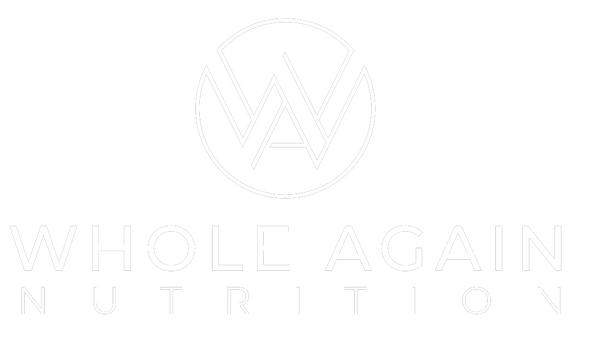For years, we’ve been cautioned about the dangers of dietary cholesterol and its link to heart disease. We've scrutinized food labels, sidestepped egg yolks, and perhaps hesitated before considering supplements like beef liver capsules. But what if much of what we've been told about dietary cholesterol is more myth than fact?
Recent studies and expert opinions are challenging long-standing views, suggesting that dietary cholesterol might not be the villain it's been made out to be. Let's dive into this topic and understand why you might not need to worry as much about the cholesterol in your diet.
The Myth of Dietary Cholesterol:
For decades, the narrative has been straightforward: consuming foods high in cholesterol leads to an increase in blood cholesterol levels, thereby raising the risk of heart disease. This belief led to dietary guidelines recommending low cholesterol intake. However, this relationship between dietary cholesterol and blood cholesterol is not as clear-cut as once thought.
The Body’s Cholesterol Regulation:
One of the key reasons why dietary cholesterol might not be as harmful is the body's natural ability to regulate cholesterol levels. The Cleveland Clinic notes that the body adjusts its cholesterol production based on the amount consumed through diet. When you eat foods high in cholesterol, like beef liver, your liver compensates by producing less cholesterol. This self-regulation mechanism helps maintain a balance, preventing significant spikes in blood cholesterol levels.
Individual Responses to Dietary Cholesterol:
Not everyone responds to dietary cholesterol in the same way. Healthline points out that while some people, known as “hyper-responders,” may experience an increase in blood cholesterol when their dietary intake increases, this is not the case for the majority. For most people, the impact of dietary cholesterol on blood cholesterol levels is minimal.
The Real Culprits: Saturated and Trans Fats:
While we’ve been focusing on cholesterol, research suggests that saturated and trans fats in our diet play a more significant role in raising blood cholesterol levels, particularly the harmful LDL cholesterol. Harvard T.H. Chan School of Public Health emphasizes that the mix of fats and carbohydrates in the diet is more influential on blood cholesterol levels than dietary cholesterol. Therefore, a diet high in saturated and trans fats is more concerning for heart health than one high in dietary cholesterol.
Emerging Research on Dietary Cholesterol: The narrative around dietary cholesterol is evolving. Extensive research has not shown evidence supporting a role of dietary cholesterol in the development of cardiovascular disease (CVD), as mentioned by the National Center for Biotechnology Information (NCBI). This challenges the traditional belief about the direct impact of dietary cholesterol on heart health.
Practical Implications: Beef Liver Capsules and Diet:
So, what does this mean for supplements like beef liver capsules? Given the body's ability to regulate cholesterol and the varying individual responses, these capsules are unlikely to pose a significant risk to your cholesterol levels. However, it's still wise to focus on a balanced diet.
The journey of understanding dietary cholesterol is a perfect example of how nutritional science evolves. As we learn more, it becomes clear that a balanced diet, rather than the avoidance of specific nutrients like cholesterol, is key to maintaining good health. So, next time you're considering a dietary choice, remember that moderation, variety, and a focus on overall dietary patterns are more important than zeroing in on one single element like cholesterol. And as always, consult with healthcare professionals for advice tailored to your individual needs and health conditions.

